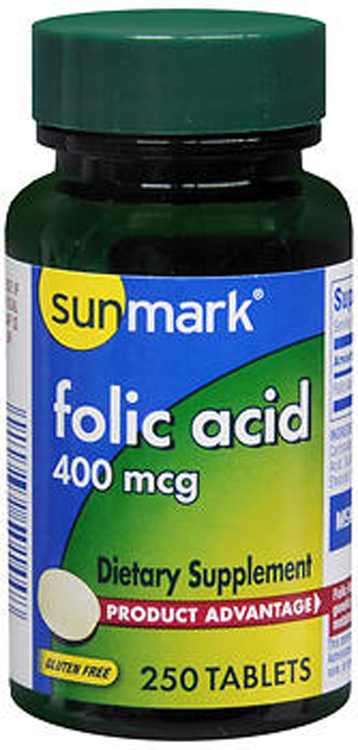
The miracle of life: profound, amazing and awe-inspiring.
But what is truly amazing of how much we can influence the process through simple, nutritional choices. By remaining diligent about nutrition and her health, a woman makes the decision to actively protect the health and future of her unborn child. Because of advances in obstetrics medicine, we now know what unborn babies need in order to grow healthy and strong. Nutritionists, pediatricians and child development experts all agree that one of the best things a pregnant mother can do for her unborn child is to supplement her diet with folic acid.
What is folic acid?
Simply put, it is vitamin B9, or folate. It is found naturally in foods such as citrus fruits, whole grains, dark green, leafy vegetables and pulses like dried peas and lentils. Some cereals are fortified with folic acid as are certain breads and even margarine choices. Unfortunately, the human body does not store folic acid and it must be consumed on a daily basis.
Why does my baby need folic acid?
Folic acid helps in the creating and development of the neural tube and in the production of red blood cells. Because birth defects most often occur within the first three to four weeks of pregnancy, it is important to boost the amount of folate in your system in order to protect the neural tube against these defects while the brain and spinal cord are forming. These defects often lead to spina bifida, where the covering that develops around the spinal cord is incomplete. Gaps within this covering can lead to permanent nerve damage and paralysis.
How much folic acid should I take?
The general recommendation for pregnant women is 400 micrograms a day for the first 12 weeks. Those hoping to become pregnant should also consume that same amount until recommended otherwise by their doctor. Those parents that already have a child with a neural tube defect should take an elevated amount of about 5 milligrams daily. After the first trimester, you should increase the amount to about 600 micrograms a day for the remainder of your pregnancy. Breastfeeding mothers should continue the supplement at 500 micrograms a day.
Though the side effects of folic acid deficiency are frightening, simply adding in the right foods and supplements can lessen the risks by at least 50 percent. Take ownership in your part of the miracle of pregnancy by making sure that you're doing all you can for your new baby and its health.




